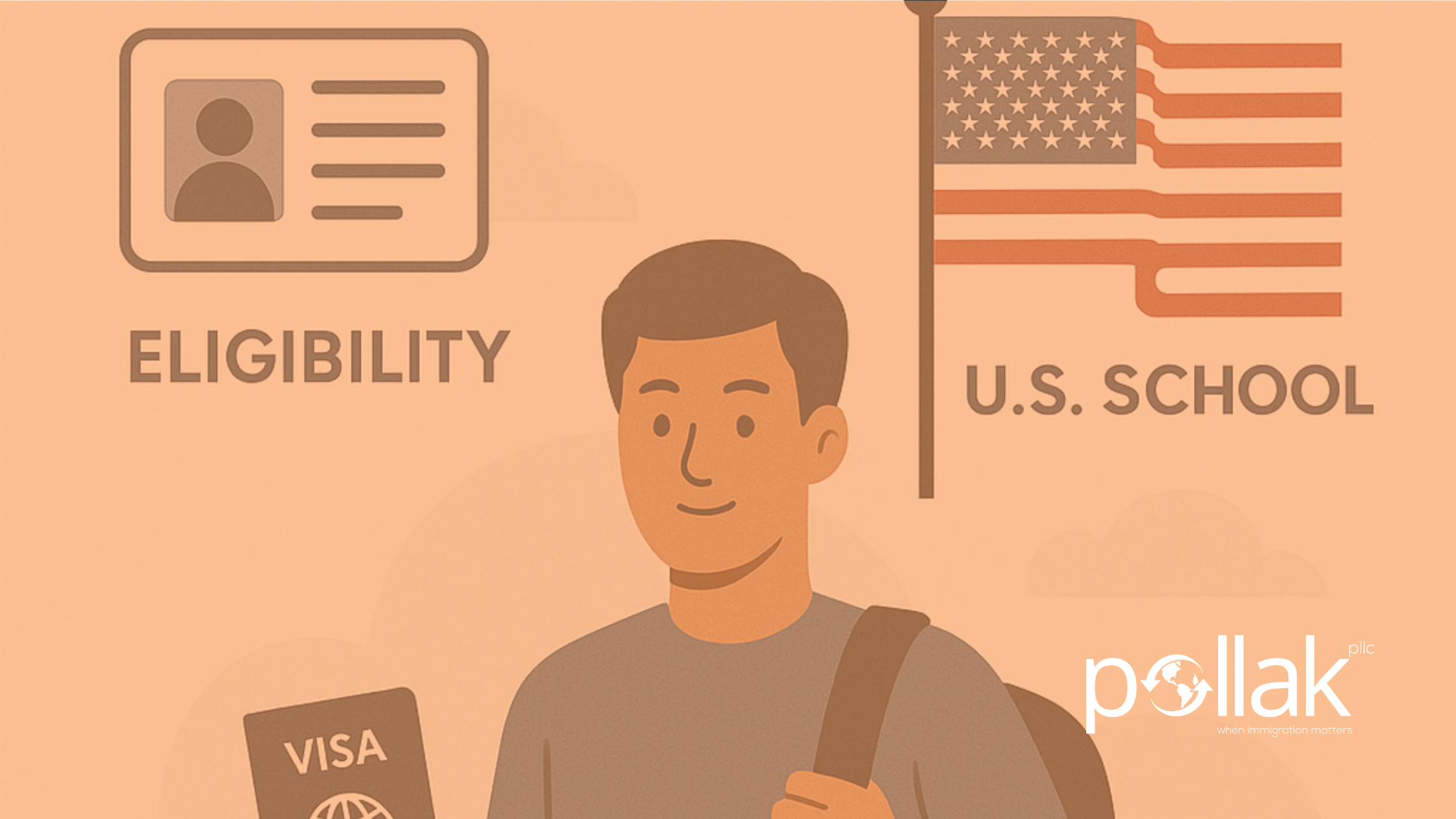
The P-1 visa is credential that shows what you do matters enough to cross borders. For athletes and entertainers, it’s the difference between a blocked opportunity and a booked stage. But unlike fame, it doesn't come overnight. It takes evidence, precision, and purpose. For athletes and entertainers with a global stage, the right visa is essential. In the U.S. the P-1 visa is the official route for those who’ve earned their place among the best.
The Purpose and Scope of the P-1A Visa
The P-1A visa is built for performance. It allows athletes to enter the U.S. temporarily to participate in specific competitions or events. To qualify, your skill level must already be recognized beyond your home country. The visa is for those already competing on the world stage.
Athletes can qualify as individuals or as part of a team, but the standard doesn’t change: the performance must be part of an event or league that demands internationally recognized talent. This includes professionals, Olympic-level amateurs, coaches, and even performers in theatrical ice skating productions.
Eligibility: Who Actually Qualifies
For solo athletes, you need a résumé that’s backed by facts, not flair. Think national team appearances, top-tier league participation, or recognition in international rankings. The bar is high and so is the scrutiny. You’ll also need proof that the events you’re participating in are equally distinguished.
Teams must meet similar standards. If you're part of a squad that's recognized globally, and the competition in question carries weight at the international level, you’re in the right ballpark. Recognition has to be demonstrated through rankings, media attention, or league affiliation, not just claimed.
What’s Required—and What’s Smart
Filing the P-1A means more than just filling out forms. You’ll need a U.S.-based employer, agent, or sponsor to file Form I-129 on your behalf. With that, you must provide:
- A written consultation from a relevant labor organization
- Contracts (written or oral) with full terms of employment
- Event schedules, including start and end dates
- Additional evidence specific to your category (individual, team, professional, amateur, or ice performer)
This is not the time to be vague. Supporting documents should be airtight and specific. For example, professional athletes must show that their team belongs to a league of at least six with $10 million+ in annual revenues. Amateur athletes must prove their league makes them ineligible for NCAA participation and that it’s the top-tier league in their home country.
Best Practices for a Smoother Application
Accuracy and timing carry weight. File too early without key details, and you risk rejection. File too late, and you might miss your window. Supporting documents must be consistent with what your agent says, what the league says, and what the media reports should all line up.
If your case involves multiple employers, your U.S. agent must prove they’re authorized to act for all of them. If you’re a team player, your submission needs to reflect that it’s not just you who’s recognized internationally; it’s the entire team.
Let Pollak PLLC Worry About Legal So You can Focus on Training
If you're pursuing a P-1 visa, you're not just applying for permission. You're applying for professional legitimacy in one of the most competitive environments in the world. Pollak PLLC has helped athletes, entertainers, and international teams meet the bar—and stay above it. Ready to take that next step? Call (214) 305-2266 to make sure your performance starts with the right foundation.




